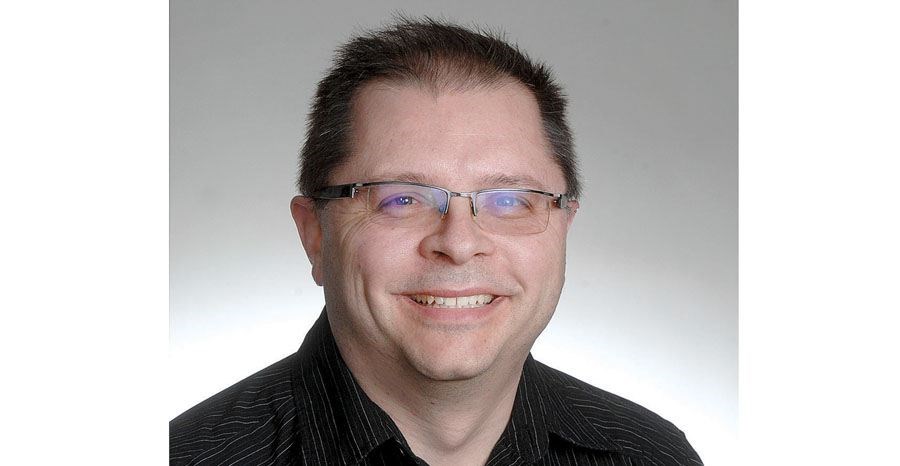For the business people in the room at the Prince George Chamber of Commerce breakfast on Friday morning with Trevor Linden and Jim Benning of the Vancouver Canucks, it was a master class in what leadership and team building looks like.
In Linden, the team president, the Canucks have the star player, the charismatic and engaging leader who represents the organization and is smart and sophisticated when it comes to both hockey and business.
He's also wise enough to know that when it came to finding a new general manager last year, he needed to find the man who would complement him, someone as passionate about the game as he is but who brought different skills and insights, someone he could work with but who would also challenge him as well.
In other words, Linden realized what the Canucks needed was someone much like his mentor Pat Quinn.
In Benning, Linden found his Quinn. Benning may not be as warm as the big Irishman was, but that's Linden's job anyway. What Benning brings to the table, however, is the eye for talent, the encyclopedic knowledge of players, the willingness to make tough decisions and the creativity and skill to craft and close deals.
Astute leaders like Linden don't form their management team with people like themselves, they bring in talent that can fill roles to make the team better. A hockey team needs its goal scorers but it also needs its setup guys, its gritty checkers, its cautious defencemen and its reliable goaltenders. A management team is no different.
Linden and Benning also demonstrated how decisions, particularly difficult ones, are made and then acted upon. The first question from the audience regarded trading fan favourite Eddie Lack, the team's backup goalie for the last several years, to Carolina. Team followers and media pundits were heavily critical of the move.
Benning's response was straightforward. Lack played well in difficult situations, particularly during the last two years. When starting goalie Ryan Miller suffered a serious injury last season, Lack's solid work helped the Canucks make the playoffs. Hockey sense says keep Lack but from a business standpoint, Lack simply did his job when called upon. Going forward, the organization couldn't afford to pay him starting goaltender wages to be Miller's backup. Furthermore, Jacob Markstrom had an excellent year with the Canucks' farm team, the Utica Comets, he's two years younger than Lack and his contract is at a backup goaltender's wage.
Take the emotion out of the equation and it makes complete sense.
Benning made it clear in the way he answered the question that he doesn't let feelings or sentiment cloud his business judgment. The team, not individual players, matter most. He cares about success in the present and the future, not about who did what last game or last season.
Linden then talked about the emotional difficulty of calling Lack to let him know he was being traded. He, not Benning, made that tough call.
While he can develop a more personal connection to his players, he also has to follow through on Benning's detached, analytical conclusions for what's best for the team.
Kirk McLean may be the one known as Captain Kirk with the Canucks but Linden is at the helm of this starship and he's got his Mr. Spock as the general manager. Together, they make a formidable team.
The chamber audience also heard how important vision, both internal and external, is to a successful operation. As leaders, both men immerse themselves in the day-to-day operations of the Canucks. Yet they don't get involved to micromanage, they get involved to help their people be better. They also get involved so that their people can make them better in return, giving them the detailed understanding they need of ground-level operations to make the best strategic moves for the whole organization.
The last question, asked by Ray Noonan from Scotiabank, was about finding that balance between hard work and top performance but also play and fun. It is a game, after all.
Both Benning and Linden addressed aspects of the question but the core of their response was identical.
When meeting challenges is both fun and hard, it doesn't feel like work at all. That's how teams achieve excellence, on the ice and in the business world.



